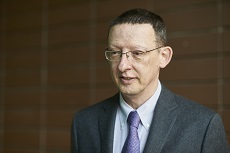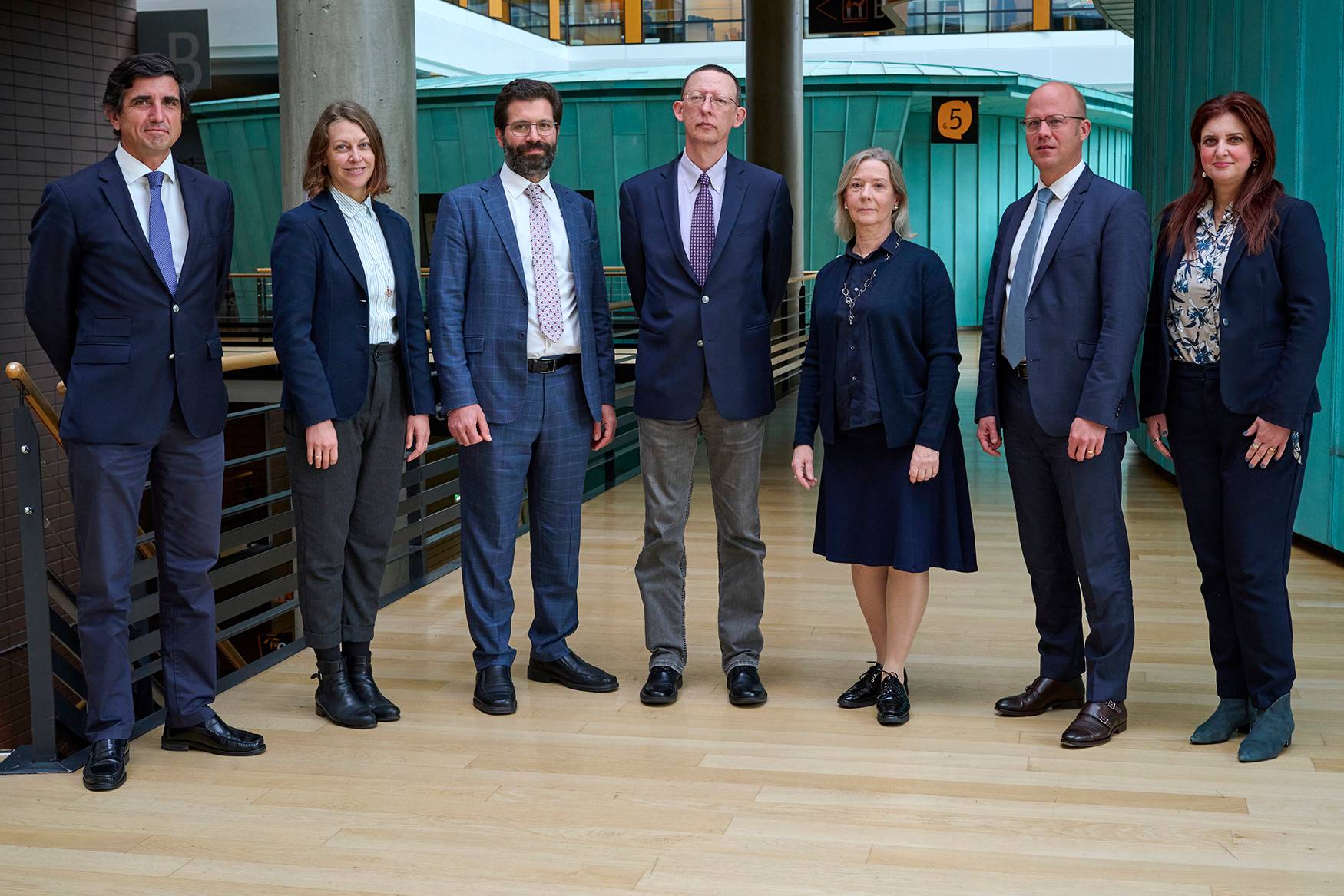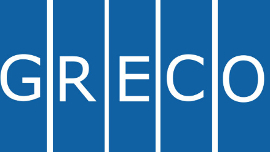In a report published today, the Council of Europe anti-Corruption body (GRECO) highlights the specificities of Switzerland’s institutions which enjoy considerable public confidence. It underlines, however, that the very organisation of the system allows subtle pressure to be exerted on politicians and the judiciary.
More specifically, GRECO deems it necessary to increase members of parliament’s (MPs) awareness regarding issues of ethics and conflicts of interest. To this end, it recommends adopting a code, announcing publicly MPs’ conflicts of interest as part of the parliamentary procedure and developing the system for declaring relevant interests. These measures need to be accompanied by a reinforced monitoring of MPs’ compliance with their obligations.
While recognising the legitimacy of the principle of the election of judges of the federal courts by the Federal Assembly, GRECO calls for improvements to better ensure the quality and objectivity of the recruitment of these judges. It also underlines the importance of severing ties with the political powers after their election, notably by doing away with the practice of judges paying part of their salary to “their” party. Rules of professional ethics applicable to judges also need to be developed and a transparent disciplinary system put in place.
The Office of the Attorney General of the Confederation, which enjoys a large degree of independence, also needs to develop rules of professional ethics applicable to its members and to provide greater transparency in disciplinary matters.
The implementation of the 12 recommendations addressed to Switzerland will be assessed by GRECO in the second half of 2018 through its compliance procedure.
*unofficial translations, as provided by the Swiss authorities









